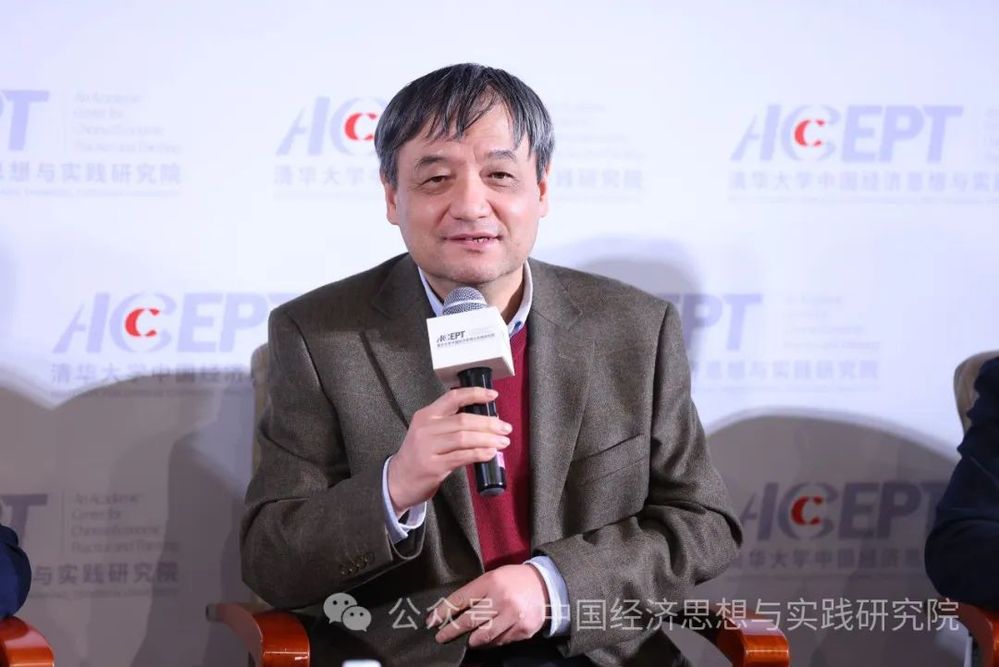Sun Maosong: Artificial intelligence may eliminate many higher-end jobs, Chinese postsecondary students should foster loftier ideals
The following is a summary of Sun Maosong's comments during a roundtable discussion at the 46th Tsinghua University Forum of China and the World Economy held at Tsinghua University, Beijing, on January 8, 2024. Sun is Executive Deputy Director of Tsinghua University's Institute for Artificial Intelligence and Professor at Tsinghua University's Department of Computer Science and Technology.
On January 8, 2024, the 46th Tsinghua University Forum of China and the World Economy, hosted by Tsinghua University's Academic Center for Chinese Economic Practice and Thinking (ACCEPT) in partnership with the university's School of Social Sciences and School of Economics and Management Alumni Center, was held on campus. Executive Deputy Director of Tsinghua University's Institute for Artificial Intelligence and Professor at Tsinghua University's Department of Computer Science and Technology, Sun Maosong, participated in a roundtable discussion at the forum alongside other distinguished guests where he commented on the state of artificial intelligence and innovation in China.

On January 8, 2024, the 46th Tsinghua University Forum of China and the World Economy was held inside the Weilun Building's main lecture hall on campus at Tsinghua University's School of Economics and Management. The biannual event was hosted by Tsinghua University's Academic Center for Chinese Economic Practice and Thinking (ACCEPT) under the theme of China's 2024 Economic Outlook. During the forum's proceedings, Sun Maosong, Executive Deputy Director of Tsinghua University's Institute for Artificial Intelligence and Professor at Tsinghua University's Department of Computer Science and Technology, participated in a roundtable discussion alongside other distinguished guests where he commented on the state of artificial intelligence and innovation in China.
Sun suggested that although artificial intelligence (AI) has undergone rapid development in the field of human-machine collaboration, and despite the general AI represented by ChatGPT having made breakthroughs in conversational capabilities, language generation, image perception and related areas, there remains significant room for improvement in other use cases. With the continued application and development of AI, relatively rudimentary jobs employing manual labor may eventually be replaced in the future. At the same time, however, higher-end jobs will also become increasingly scarce as a result. Sun further noted that despite the breakneck speed of China’s advancements in AI over the past years as well as its large reserve of well-trained human resources, the country still has yet to provide an adequate response to “Qian Xuesen's Question.” At present, the biggest challenge lies in the ongoing competition between a very small number of top talents, which involves these individuals’ working to come up with original innovations “from zero to one” in the high-tech sector. Chinese postsecondary students are easily constrained by a proclivity towards utilitarianism and realism, and therefore lack the pioneering spirit of those embracing a more idealistic outlook, not to mention also having a knowledge base that is not yet fully formed. Genuine ingenuity requires the establishment of an all-encompassing interdisciplinary foundation when engaging in scholarly learning and research, a requirement that therefore underscores the need to continue carrying out reforms to the country's education system accordingly.




